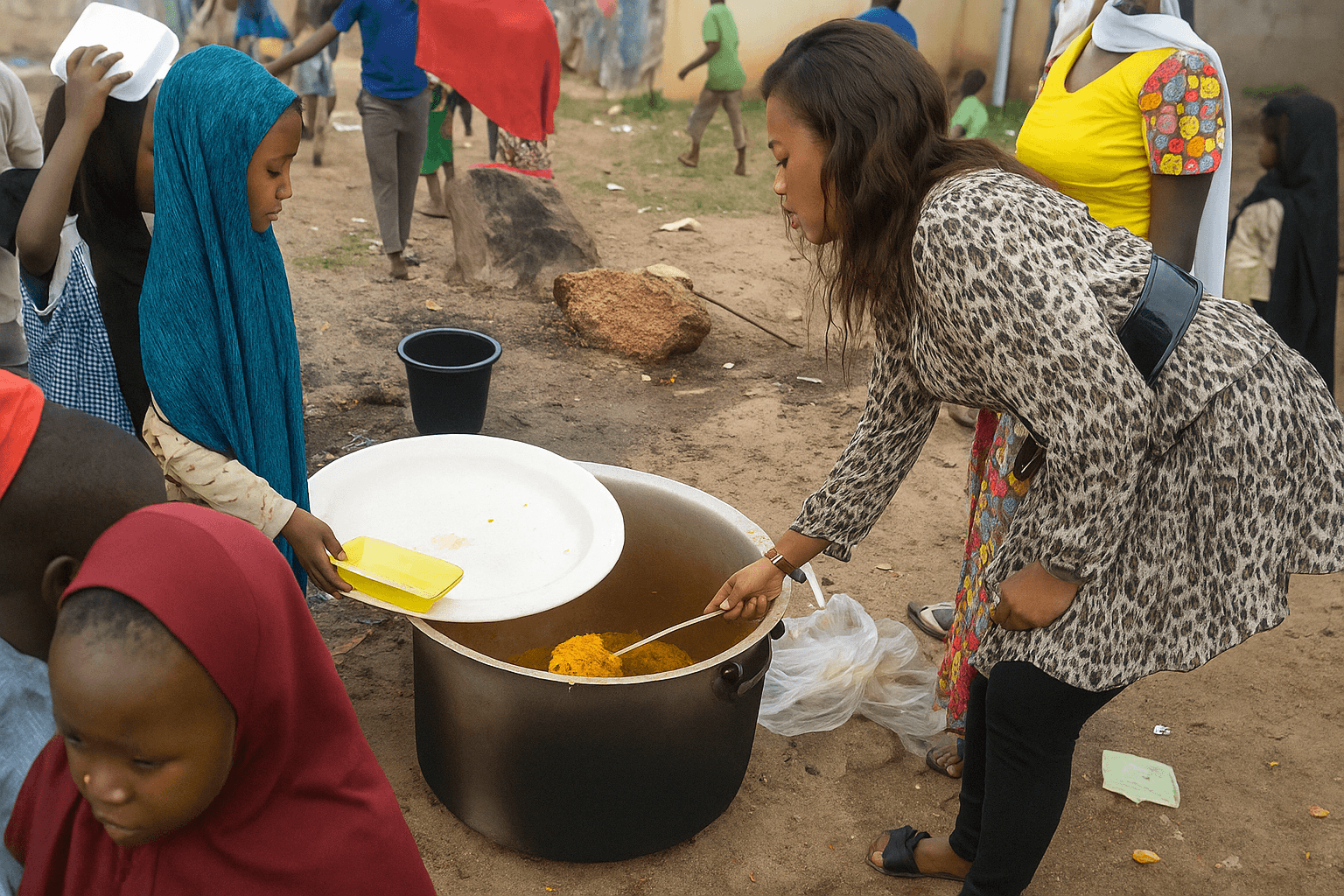
Empowering African Communities
Building a better future through sustainable development
Join Our Cause
Years of efforts in making lives better
Committed to transforming lives through sustainable development initiatives.
A Short Story About Us
Edith Ogbonna Foundation is a Non-Governmental Organization Founded in 2013 by Edith E. F. Ogbonna and duly registered in Nigeria. At Edith Ogbonna Foundation, we believe that it takes the power of many to end children’s illiteracy and hunger.
Together, we can bring change in Nigeria. Poor children in Nigeria need your help to go to school. Educate a poor child. At Edith Ogbonna Foundation, we collect clothes, mosquito nets, and cash donations and make them available to the needy.
Partner with us today to give a lasting solution to the problems facing the poor children and their communities around us.
200+
Children Educated
₦5B+
Donations Collected
98%
Community Satisfaction
24/7
Support Available
See How We're Making A Difference
Witness the transformative impact of our programs through the stories of communities we've touched and lives we've changed across Africa.
10K+
Lives Impacted
50+
Communities Served
15+
Years of Service
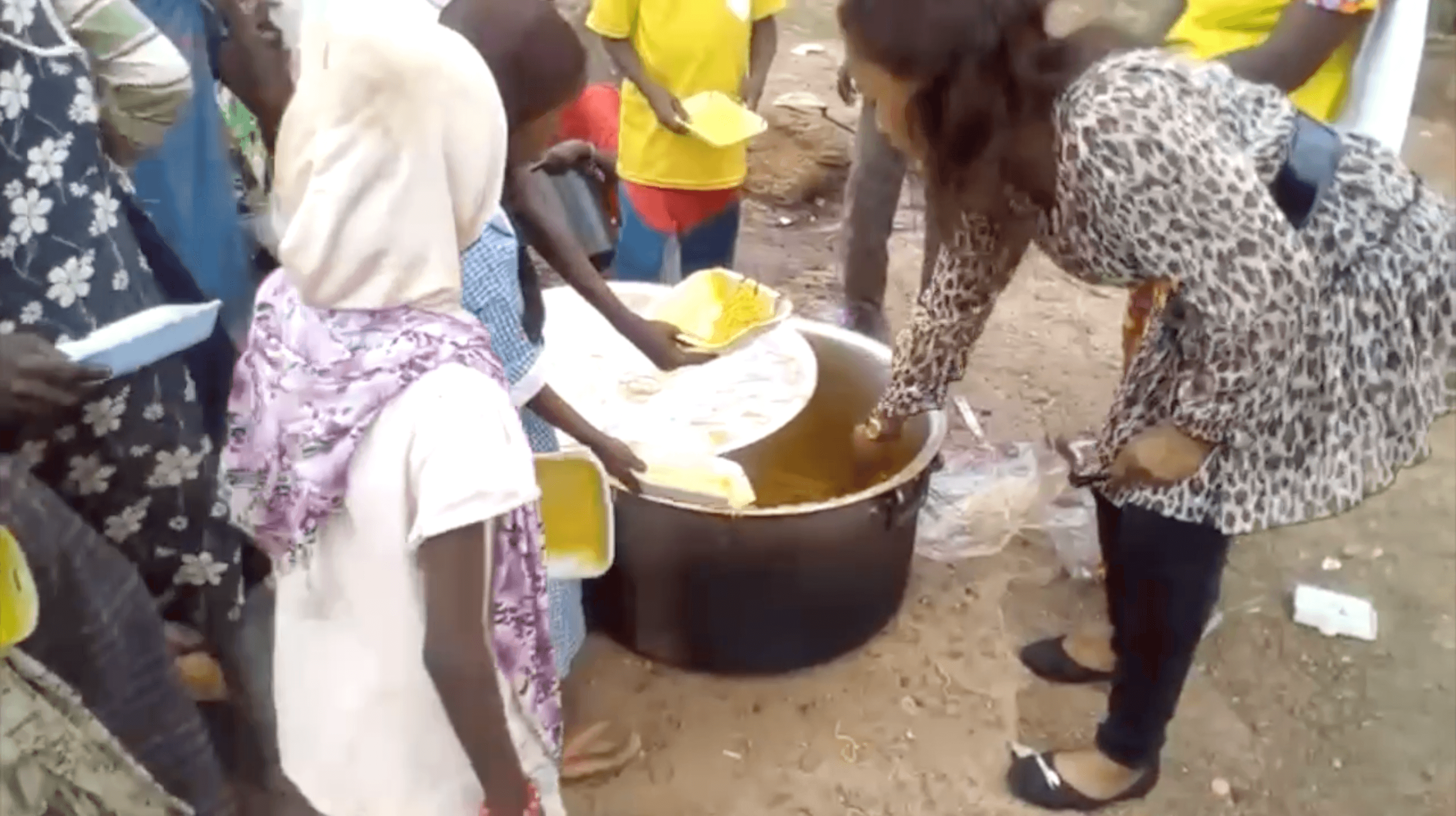
Our Focus Areas
Making lasting impact through targeted initiatives in education, healthcare, family support, and humanitarian assistance.
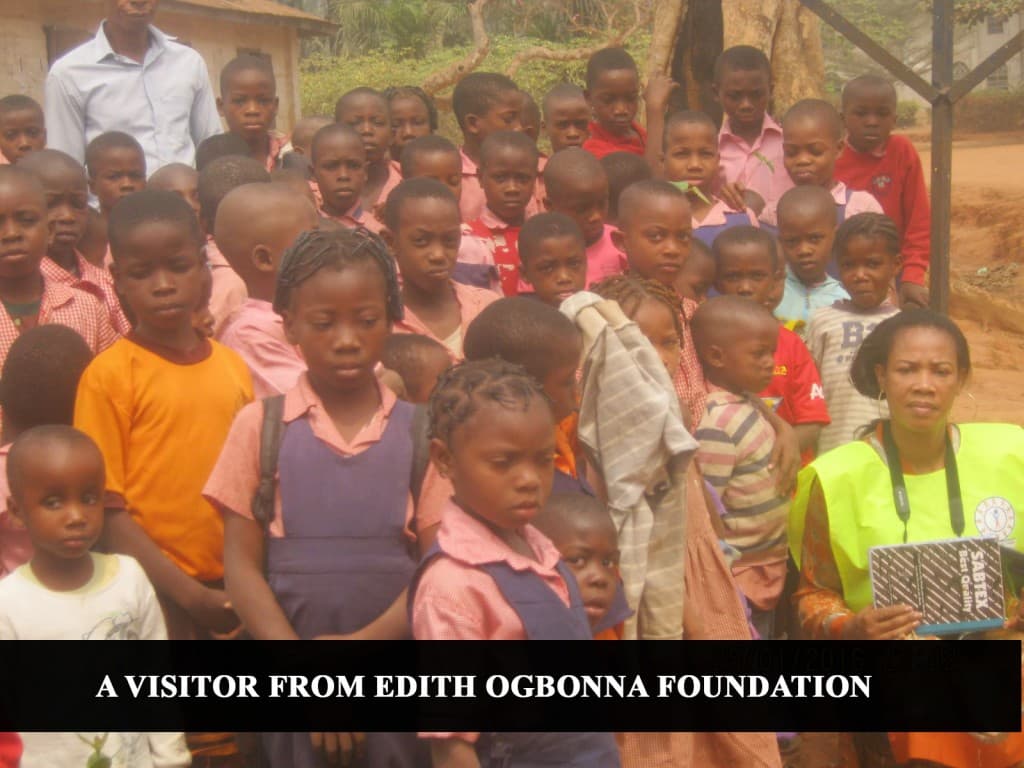
Education Support
Providing quality education and learning resources to less privileged children, ensuring every child has access to a brighter future.
Learn More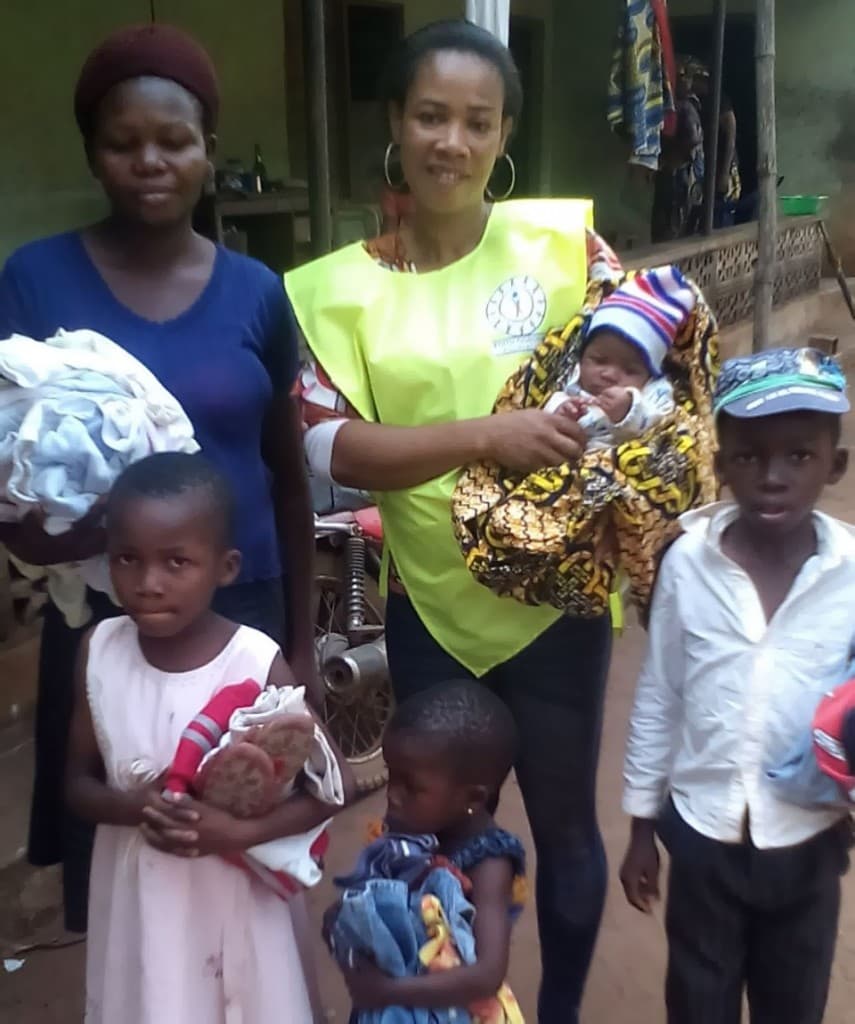
Healthcare Services
Delivering essential healthcare services to underserved communities, promoting wellness and healthy living.
Learn More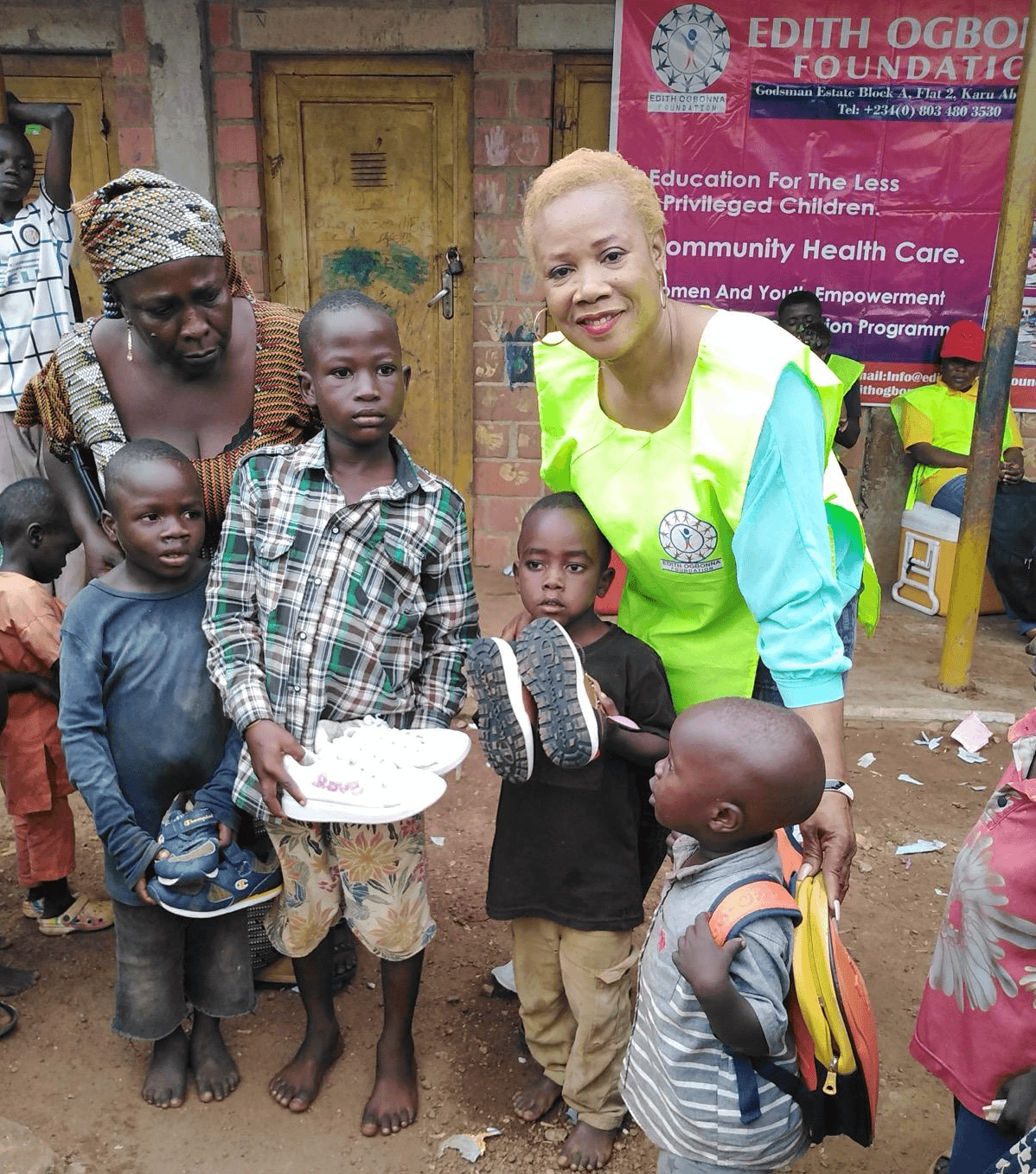
Widow & Orphan Support
Supporting widows and orphans through economic empowerment programs and educational assistance.
Learn More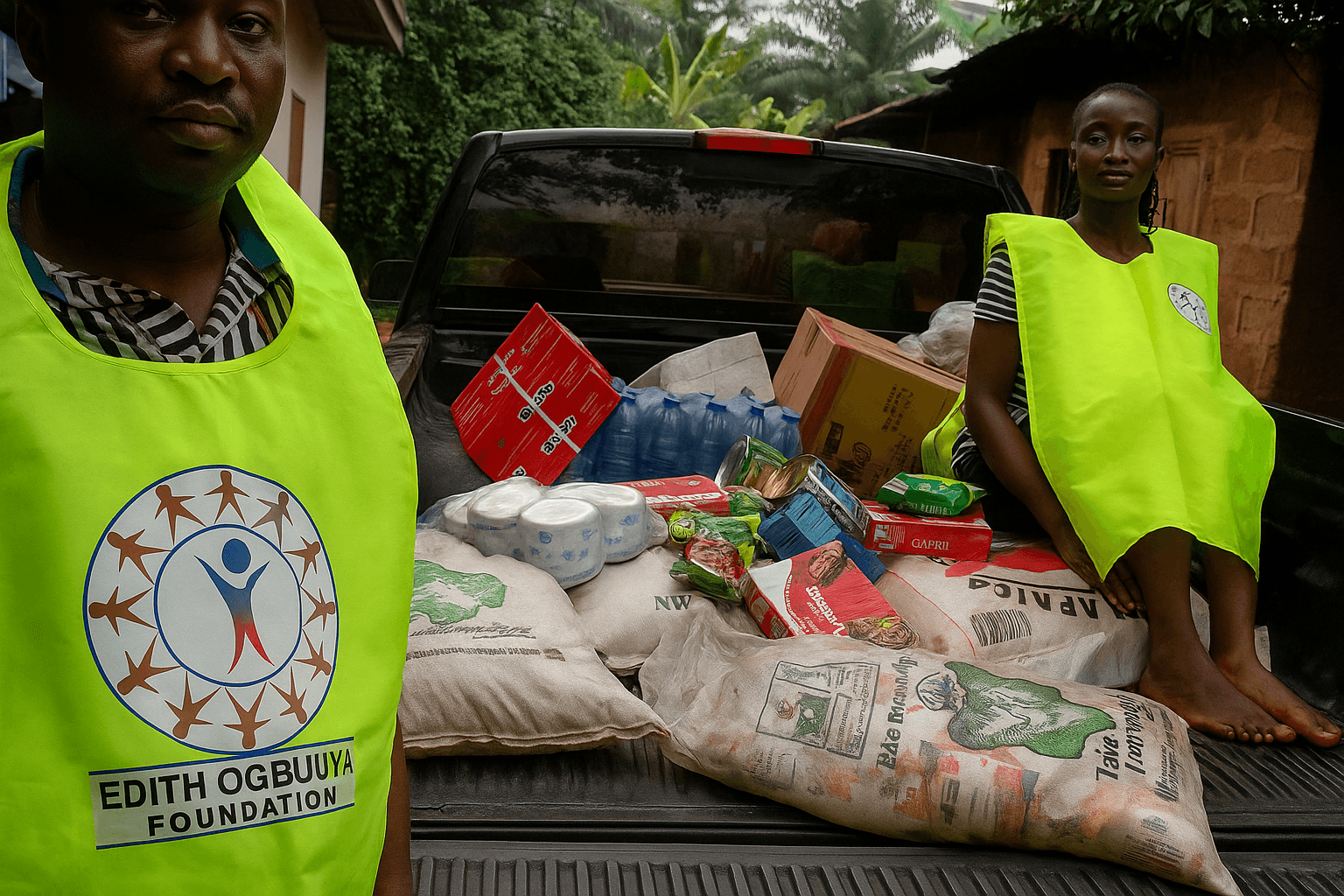
IDP Welfare
Providing essential welfare materials and support to internally displaced persons, helping rebuild lives.
Learn MoreThey Care. Do You?
Here is how you can get involved and make a change
Sponsor A Child
If you want to change the world, one wish at a time, help kids reach their full potential.
Volunteer With Us
What's better than working with the kids directly and knowing that you made a difference.
Partner With Us
Join forces with us to create lasting impact and transform more lives in our communities.
Make a Donation
Your generous donation helps us continue our mission of supporting those in need.
Ready to Make a Difference?
Join us today and help create positive change in our communities.
Be Part of Our Journey to Create Positive Change
Subscribe to our newsletter and stay updated with our mission to transform lives and build stronger communities.